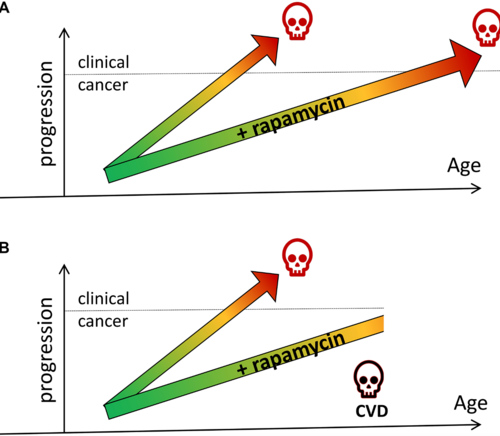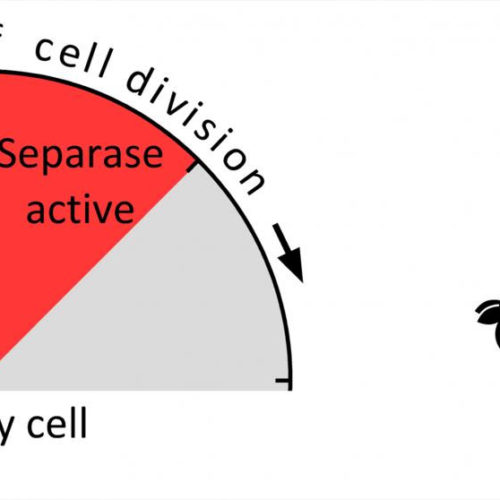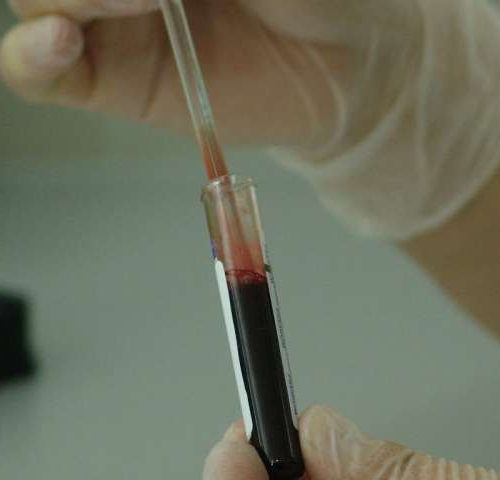Some breast cancer types are more likely than others to recur. Researchers have known this for more than a decade. But they have long wondered why. “How did those tumor types arise?” said Christina Curtis, PhD, a professor of medicine, genetics and biomedical data science at Stanford University, Stanford, California. “They’re all breast cancers. They’re all...
Tag: <span>Cancer prevention</span>
Study confirms long-term benefits of weight loss surgery in the prevention of cancer
Peer-Reviewed Publication THE OBESITY SOCIETY ROCKVILLE, Md.—After adding follow-up years, increased sample sizes and examining multiple surgical procedures, new research shows bariatric surgery is associated with lower all-cancer and obesity-related cancer incidence among females. The research also found that cancer mortality was significantly lower among female surgical patients compared to non-surgical subjects, according to a...
Cancer prevention with rapamycin
IMPACT JOURNALS LLC IMAGE: FIGURE 2: RAPAMYCIN PREVENTS CANCER BY SLOWING TUMOR PROGRESSION (HYPOTHETICAL SCHEMA). CREDIT: 2023 BLAGOSKLONNY “[…] long-term treatment with rapamycin slows down aging, a major risk factor for cancer […]” BUFFALO, NY- April 17, 2023 – A new research perspective was published in Oncotarget’s Volume 14 on April 14, 2023, entitled, “Cancer prevention with rapamycin.” The mTOR (Target...
A cellular mechanism protecting against cancer
Susanne Hellmuth and Olaf Stemmann from the Chair of Genetics at the University of Bayreuth have discovered a natural protective mechanism that leads to the programmed death of potentially diseased cells. It protects from cancer that can develop as a result of irregular distribution of genetic information to daughter cells. The enzyme separase plays a...
Precancerous milestone discoveries improve clinical risk prediction and cancer prevention
by Bob Yirka , Medical Xpress A team of researchers affiliated with multiple institutions in Massachusetts has discovered some of the precancerous milestones that can lead to breast cancer in women with a BRCA2 gene mutation. In their paper published in the journal Science Advances, the group describes their detailed analysis of breast tissue taken...
Vitamin D dials down the aggression in melanoma cells
CANCER RESEARCH UK Vitamin D influences the behaviour of melanoma cells in the lab by making them less aggressive, Cancer Research UK scientists have found. The researchers from the University of Leeds discovered that vitamin D influences the behaviour of a signalling pathway within melanoma cells, which slowed down their growth and stopped them spreading...
Clues from DNA could predict growth of prostate cancer
by University of California, Los Angeles Researchers from the UCLA Jonsson Comprehensive Cancer Center and other institutions in the U.S., Canada, the United Kingdom and Singapore, have identified 1,178 biomarkers in men’s genomes—the complete set of genetic material inherited from one’s parents—that predict how an individual person’s prostate cancer will grow. The finding suggests that...
Fish oil and cancer prevention
by Leigh Macmillan, Vanderbilt University Increased dietary intake of fish oil, with its “healthy” omega-3 fatty acids, has been proposed to reduce risk of colorectal cancer. How it works is unclear, but it is thought to modify lipid signaling molecules associated with inflammation and carcinogenesis. Harvey Murff, MD, MPH, and colleagues, conducted a randomized, double-blind, controlled trial of fish oil compared with...
Fish oil and cancer prevention
by Leigh Macmillan, Vanderbilt University Credit: iStock Increased dietary intake of fish oil, with its “healthy” omega-3 fatty acids, has been proposed to reduce risk of colorectal cancer. How it works is unclear, but it is thought to modify lipid signaling molecules associated with inflammation and carcinogenesis. Harvey Murff, MD, MPH, and colleagues, conducted a randomized,...



